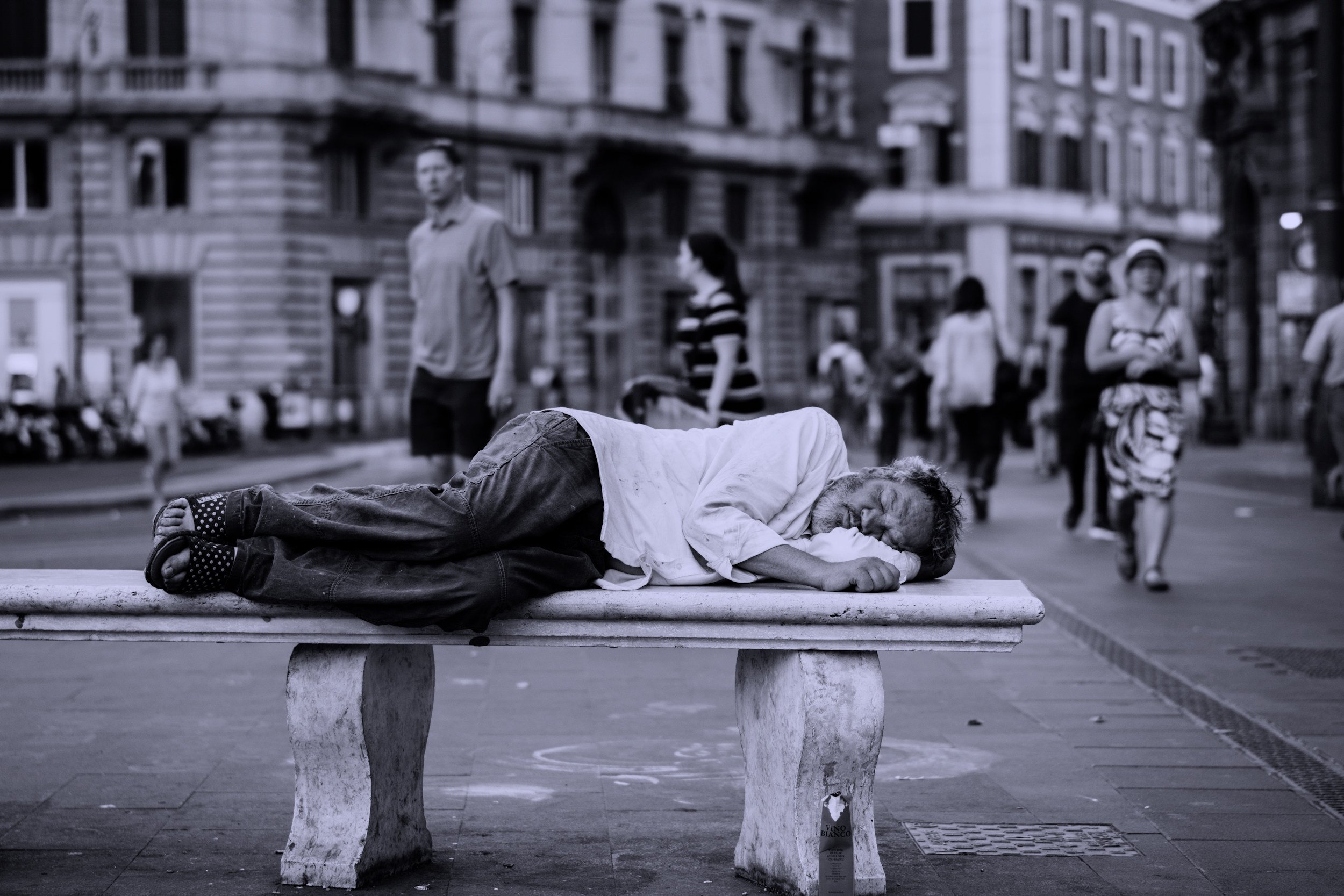
Ptoxocracy: An End to Christianity
Now Available
ptoxocracy:
[p · toeks · AW · kruh · see] noun
governance by the ptoxoi; a hybrid form of representative democracy whereby only persons of the lowest economic status are eligible for elected public office
"M.C. Lohrmann's Ptoxocracy takes the theological tradition of the preferential option for the poor to a whole different level. In this new theory of representative democracy, the poor are not simply the subject of an option. Rather, they are i n charge of the destiny of society as a whole. This book's refreshing and challenging insights are a must read for all interested in Christian ethics, political theory, and, truly, for anyone committed to building a more just society."
— RAÚL E. ZEGARRA, Assistant Professor of Roman Catholic Theological Studies, Harvard Divinity School
“The rich have proven themselves incapable of living beyond the [mythology of the rich ruling class] which imbues their lives with more importance than the poor, such that we must imagine a possible future beyond the power of the myth.”
To have a meaningful stake in the lives of the poor, argues M. C. Lohrmann, would change the ways in which governance of all types – national, local municipalities, denominations, religious judicatories, and non-profit boards – determines its focus.
Lohrmann defines ptoxocracy (derived from the Greek ptoxoi, the poorest of the poor) as “governance by the materially poor; a hybrid form of representative democracy whereby only persons of the lowest economic status are eligible for elected public office.” This model, he contends, allows us to step back from the coupling of wealth and power created by myths of meritocracy and a rich ruling class to envision a system that works for the good of the whole.
Looking to scripture, Lohrmann follows the through-line of God’s blessing of the poor in both the Hebrew and Christian canons. How might the kingdom of God appear if God’s preferential option for the poor became the lens through which we organized our lives together?
“Lohrmann's argument—equal parts constructive thought experiment and exercise in theological and political imagination-will be redemptively jarring to those enamored or paralyzed by the toxic plutocratic autocracy taking control of the U.S. body politic. Through key queries and a principled strategy, this book interrogates the central contradiction of our republic: the fusion of power between wealth and legislative representation. Ptoxocracy is a radically dissonant vision rooted i n the gospel-I share his hope that churches might experiment as demonstration projects of this way whose time has come again."
— CHED MYERS, author of Healing Afluenza and Resisting Plutocracy: Luke's Jesus and Sabbath Economics.”
Meet the Author
MC Lohrmann is a public theologian, writer, and pastor based in Southern California, serving Shepherd of the Valley Lutheran Church in La Mesa, CA. He holds degrees from Valparaiso University and The University of Chicago Divinity School.
